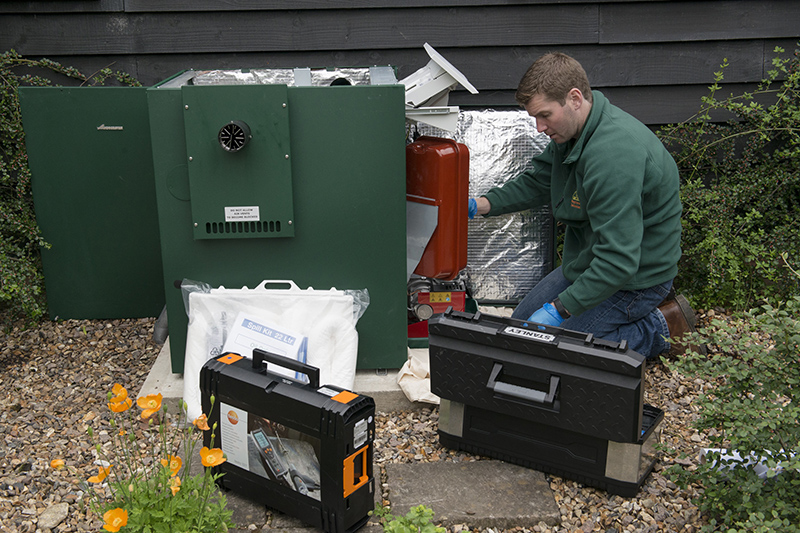
As UK lockdown eases, most heating technicians are returning to the tools but over three quarters are concerned about a lack of work, a new survey from OFTEC has found.
Of over 800 registered technicians questioned, 51% do not have the usual number of enquiries coming in while 21% are worried about the low level of scheduled jobs. Just 18% reported a full order book.
Positively, almost half of respondents are confident that pre-lockdown bookings will proceed as planned, although many technicians are still experiencing barriers to ‘business as usual’.
The main challenges cited after shortage of work were supply chain issues with a lack of replacement parts and boilers (39%). This was followed by cancelled work (36%) and the availability of PPE to carry out work safely (27%).
Commenting on the results, OFTEC Registration Director, Adrian Lightwood, said: “The full economic impact of COVID-19 is still unknown but many sectors are facing severe challenges. Encouragingly, our survey shows that most heating technicians have been able to access some form of government or other financial support to help them get through this period and, as long as safety guidelines are followed, they can now return to work.
“However, the decrease in demand for servicing and installation jobs as a result of lockdown is obviously a key concern for our registrants who will be anxious for business revenues to pick up as quickly as possible.
“As heating technicians provide an essential service, we remain optimistic that once consumer confidence improves, work levels will improve and any issues with supply chains will also be short lived.”
At the beginning of lockdown, OFTEC announced its own package of support measures for registered businesses, including a two month registration extension, a three month qualification extension, and a two month payment ‘holiday’ for those paying by direct debit. Over three quarters of respondents said they found OFTEC’s support helpful.
The priorities for technicians returning to work are to catch up on servicing jobs for existing customers (67%) and fulfilling orders for pre-lockdown installation work (53%). Almost a third (28%) are also focused on marketing to attract new customers in a post-COVID market.
Catching up on training and training to expand into new areas such as renewables was a lower priority (23% and 8% respectively) but with most training centres now open, the majority of technicians are highly likely to renew expired qualifications.
Adrian concludes: “It’s completely understandable that our technicians’ immediate focus is to get back to work and start earning again. However, we are pleased to see so many still recognising the importance of professional training.
“As the heating market continues to evolve in line with the UK’s decarbonisation agenda, so too must the role of technicians. Training is a vital element of this but, for now, the priority for most is to emerge from the current storm in the best business shape possible.”













